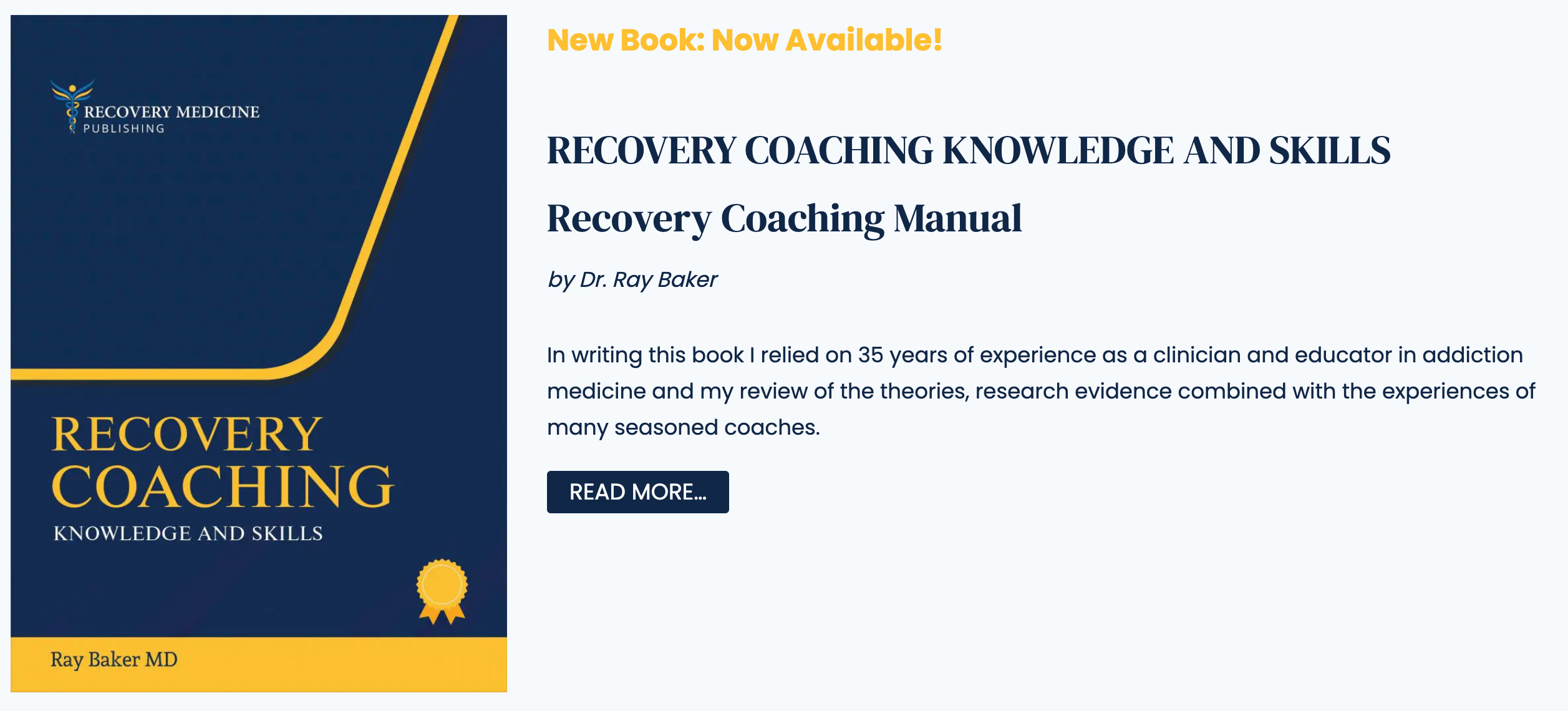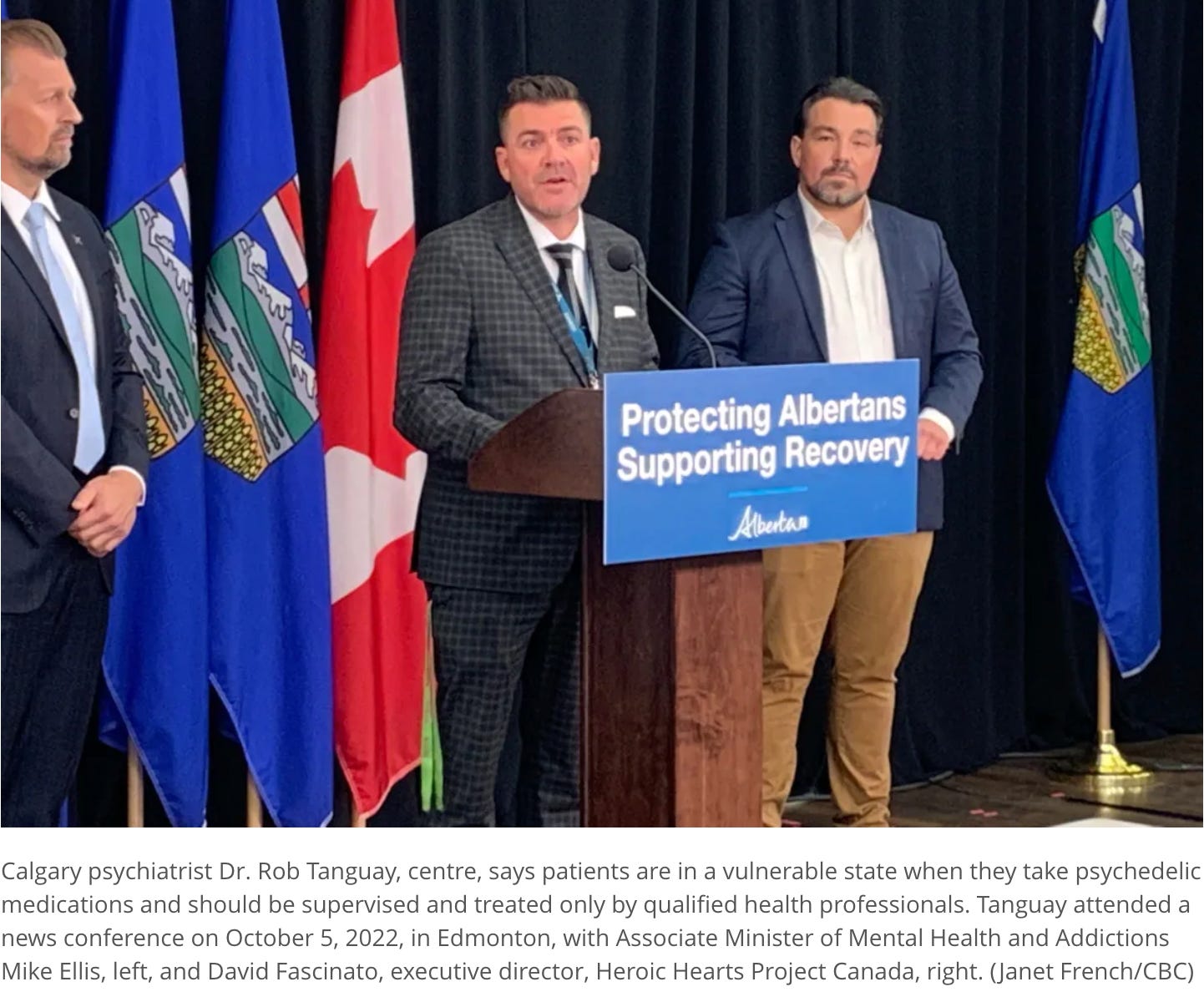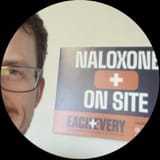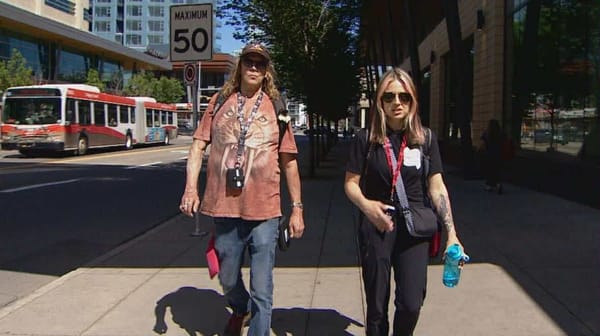Part 1 - Meet the physicians stonewalling safe supply
A group of addiction doctors published a letter blasting safe supply, but their affiliations omitted commercial interests that may give a glimpse into their motivations.

It seems like every week, another poorly substantiated hit piece on safe supply lands in the National Post opinion section written by or selectively interviewing a recyclable roster of addiction physicians.
In an ideal world, readers of news and opinion would have clear line of sight on public commentators’ motivations. An open letter dated September 25 2023 and amplified on September 26 by BC United MLA Elenore Sturko gives us a look at the alliance of addiction doctors opposing strategies that run counter to a century of prohibition — and the reasons they seem willing to cash in their integrity for political potshots.
The letter is titled “Unsupervised Free Government Funded Hydromorphone Programs.” Playing off common tropes, it muses about safe supply medications causing “previously stable people to relapse” — a point that ignores how easy it is to access street drugs and disregards the central purpose of safe supply: to minimize people’s reliance on the unregulated supply causing so many poisonings.
It also ignores the emphatic assertion by BC’s Chief Coroner Lisa Lapointe, who is in charge of validating nearly two hundred preventable drug poisoning deaths each month, that “We are not seeing safer supply increasing in the tests that we’re seeing, we’re not seeing people dying as a result of safer supply.”
Finally, it ignores the compounding evidence that, for the few people able to access them, safe supply programs are vastly reducing overdose events and hospitalizations, reducing police interactions and improving quality of life for people who use opioids.
So why, against this evidence, do some physicians in positions of power cling to unsupported ideas? Examining their commercial interests might offer some insight.
For almost every member of the letter’s signatory list, I was able to identify private commercial interests that I would suggest create inherent bias against safe supply prescribing. Most of these were not disclosed in the signatories’ affiliations.
Dr. Paul Farnan
Dr. Farnan has a long history of involvement with “occupational health,” which in this context largely means urine monitoring and addiction treatment for workers — often paid out of pocket by workers. Although it was asserted that in 2020 Dr. Farnan transferred shares from Burnaby-based Alliance Medical Monitoring to Burnaby-based Sage Counselling and Addiction Services, the Sage website is unclear about its ownership. The corporate registry entry does not clarify it either.
Dr. Farnan’s disclosures declaration from a 2016 plenary lecture at the Foundation for Medical Excellence shows his affiliation at that time with HealthQuest Occupational Health and Alliance Medical Monitoring. Dr. Farnan’s LinkedIn profile shows his ongoing ties with HealthQuest.
What might motivate someone who draws income from urine monitoring and residential treatment to oppose safe supply?
Simple: The medical monitoring and return-to-work industry relies on continued fit-to-work policies that exclude certain drug use to leverage strict control over workers. This is silly when you consider how many people take medications before and during work, let alone use legal and illegal drugs outside of work hours. If workers were offered alternatives, it could spell an enormous revenue cut for these industries (as well as for illegal drug suppliers).
Dr. Farnan is also CEO at Recovery-Oriented Systems of Care (ROSC) Solutions Group Inc., whose tagline is “Empowering Governments To Build Recovery-Oriented Systems Of Care.”
Wondering which governments? If you search “government” and “recovery-oriented system of care,” you’ll get an awfully long list of Alberta content, and not much else.
This also seems important, but the link isn’t currently live:

Update, November 8 2023: Reviewing Dr. Farnan’s LinkedIn profile along with the ROSC Solutions Group website, Dr. Farnan is listed as “Addiction and Recovery Medicine Specialist” along with “Founding Partner” at ROSC Solutions Group, rather than CEO. Dr. Carson McPherson is listed as CEO. The author regrets the error.
Dr. Jennifer Melamed, Dr. Maire Durnin-Goodman and Dr. Alan Brookstone

Next, letter signatories Dr. Jennifer Melamed and Dr. Maire Durnin-Goodman co-own Precision Medical Monitoring, while Dr. Alan Brookstone works there as Program Administrator. It’s a company that conducts — you guessed it — urine screening and treatment.
After an assessment, workers sign a “Relapse Prevention Agreement,” which, according to people who have been there, hands the monitoring company strict control over a person’s life. Here’s how former involuntary patient Byron Wood heartbreakingly described the process of navigating these programs in 2022:
Return to work contracts typically mandate total abstinence from psychoactive substances (including Opioid Agonist Therapies), drug testing, attending an inpatient rehabilitation centre (typically 12-step), and attending peer support meetings (typically 12-step).
If the worker does not follow every condition of the return to work contract or records a positive drug test, the monitoring company reports this to the persons employer and this can lead to job loss. Monitoring contracts are usually 2–5 years long and workers have to pay up to a thousand dollars a month to the monitoring companies.
Precision also conducts “Independent Medical Evaluations for individuals who have been identified with substance use issues that require further assessment or management.”
If you’re wondering about the “accusations” highlighted by the orange banner in the screenshot above, these reference the conflict of interest apparent in physicians conducting assessments of patients for substance use and then having them attend monitoring practices owned by the same or affiliated physicians. They were cleared of this by the BC College of Physicians and Surgeons. One read on it by Dr. Brookstone, is that so long as “a financial interest in a biological monitoring company is always disclosed in advance of the IME as part of the consent process,” there’s no conflict.
Byron Wood’s article in Medium also spoke to the way this was cleared up, and it’s worth a read if you’d like to understand how a convenient decision by the BC College in 2017 may have protected physicians running medical monitoring companies: changing the terminology from “patient” to “examinee” circumvented the typical standards for a doctor-patient relationship.
This isn’t informed consent. One person who has been through this agonizing circus, and who I won’t identify for job security reasons, put it to me this way:
“I would have lost my job if I raised a concern. They’re effectively saying: ‘So we will tell you how we are taking advantage of you and you have to just be OK with it.’ Can I please be monitored by someone who doesn’t own a monitoring company?
No. There isn’t anyone available.”
Do I need to explain why the folks at Precision Monitoring might not favour a regulated drug supply as an option for people who otherwise qualify as ‘examinees’?
Dr. Ray Baker
Dr. Ray Baker’s LinkedIn profile describes his company Recovery Medicine Publishing, which creates curriculum resources that fit snugly into the pseudoscientific Recovery-Oriented System of Care landscape. I discussed the lucrative Recovery Coaches programming in ‘Marshall Smith’s human centipede’.

He also consults on “developing and improving new and existing Recovery-Oriented programs and processes,” citing the Alberta and Ontario Governments among his clients.
Dr. Baker worked at HealthQuest Occupational Health (the medical monitoring company Dr. Farnan is involved with) from 1994 to 2014.
Update, November 9 2023: With seven other authors including Dr. Rob Tanguay and Dr. Charl Els, Dr. Baker wrote the 2020 Alberta Supervised Consumption Services Review commissioned by the UCP government, which was slammed in a peer-reviewed article in the Canadian Journal of Public Health by fourteen leading drug policy researchers. They described the Review as pseudoscientific and harmful to structurally marginalized populations, among other searing commentary.
Dr. Annabel Mead
As a member of the medical advisory board for the Newly Institute, Annabel Mead is also linked to the Alberta Government’s drug policy model. The same day the Alberta Government announced its Narcotic Transition Services program, which throttled hydromorphone prescribing, they also announced that psychedelics therapy would be legalized — and the Newly Institute would be first allowed through this gilded gate.

Dr. Rob Tanguay, co-founder of the Newly Institute, did not add his name to this letter, but it’s noteworthy that Dr. Mead, his employee, did sign on.

Incidentally, Tanguay was parachuted into a Calgary Police Commission role by the United Conservatives shortly before the May election. In the September 27 Commission meeting, he appeared to trumpet the incoming provincial Compassionate Intervention Act, which will empower police to compel people into addiction facilities.
I’ve said this before, but I struggle to imagine any Police Commission decision where a commissioner whose company provides addiction-focused trauma therapy to police would not stand in conflict. In this case, the potential conflict in his apparent advocacy for forced abstinence and/or forced mental health treatment of people who use drugs extends beyond members of the police, right to the public.
The others
As for the rest of the signatories? Briefly: Dr. Robert Cooper and Dr. Clement Sun own methadone clinics, and in 2018 Dr. Sun was flagged for violations “for failing to meet care standards for his [methadone clinic] patients”; Dr. Michael Lester runs an opioid addiction clinic and works at Centre for Addiction and Mental Health (CAMH); Dr. Harry Vedelago is Chief of Addiction Medicine Service at Homewood Health Centre, a private addiction treatment and “return to work” company; Dr. Mel Kahan is on the advisory board for the charity Families for Addiction Recovery (FAR) Canada alongside Dr. Rob Tanguay and serves as Medical Director for the publicly funded initiative META:PHI.
Although it’s not disclosed on the company website, Dr. Oded Samuel appears to be the owner and founder of SkriptMD, a virtual prescribing company. His LinkedIn profile does not directly show this, but a web search of his name and the company name reveals the following:

Dr. Kahan and Dr. Lester contributed to the 2011 Clinical Practice Guideline for Buprenorphine/Naloxone. In the conflicts of interest (p. 66), it’s noted “Several committee members disclosed potential conflicts of interest with the former and/or current manufacturer of buprenorphine/naloxone,” which at the time was Schering-Plough. (I bring this up in light of lobbying efforts by today’s primary Suboxone manufacturer, Indivior, in context with Alberta’s Virtual Opioid Dependency Program.)
Regardless, CAMH’s bioethicist decided these unspecified physicians should remain on the committee “as their clinical expertise was extremely valuable to the process.”
In a refreshing turn, I did not find anything eyebrow-raising about three signatories. Like many of them, Dr. Launette Rieb has presented at Recovery Capital Conference, organized by Last Door Recovery Society, and the same conference a group of us protested last February. I had trouble finding any information about Dr. Benjamin Jang or Dr. Mehdi Ispahany, except for one unconfirmed affiliation of Dr. Mehdi with a virtual medical cannabis prescribing company, Bodystream Medical.
[Note, September 29 2023: Since publishing, I’ve received new information about two of these physicians. I guess that means look for Part 2 before too long!]
Misrepresentations aside, the infuriating thing about this open letter is that affiliations were detailed for most of the signatories — but commercial holdings largely went unmentioned, and of the few cited, most were obscured behind vague terminology.
Physicians who conduct advocacy for any purpose should be clear about their financial interests in relation to that advocacy so the public can properly evaluate it. This is just one more way that critical public policy decisions are being hampered, with thousands of preventable deaths each year to show for it.
Learn something useful? Share it with a friend!
Ready for more? Head to Part 2!
Drug Data Decoded provides analysis on topics concerning the war on drugs using news sources, publicly available data sets and freedom of information submissions, from which the author draws reasonable opinions. The author is not a journalist.





